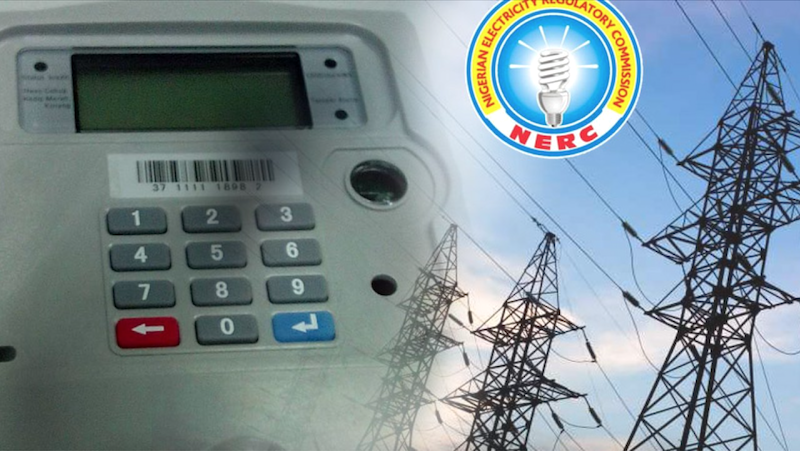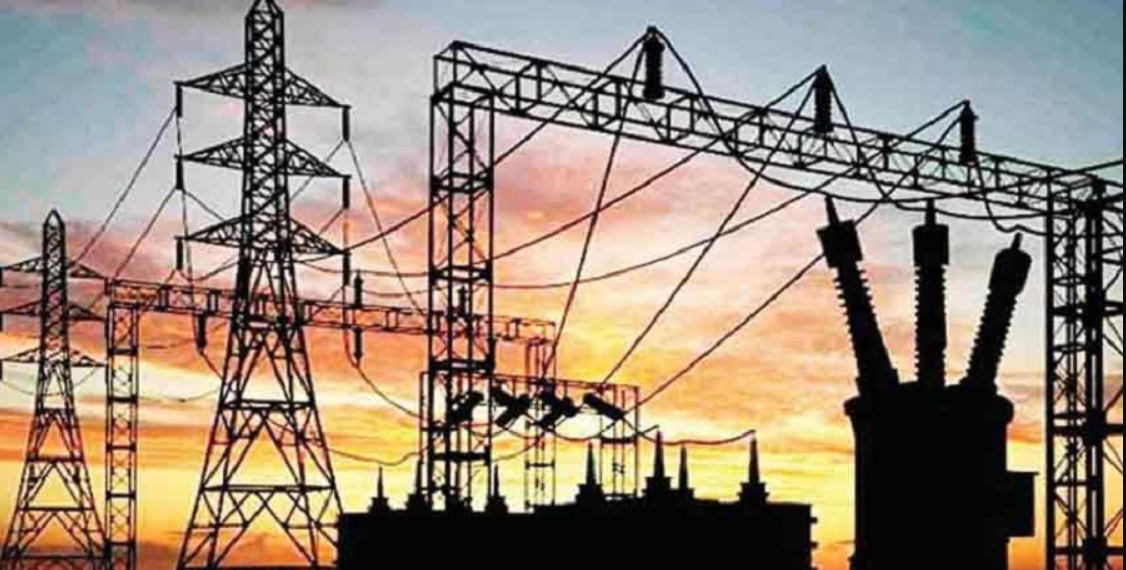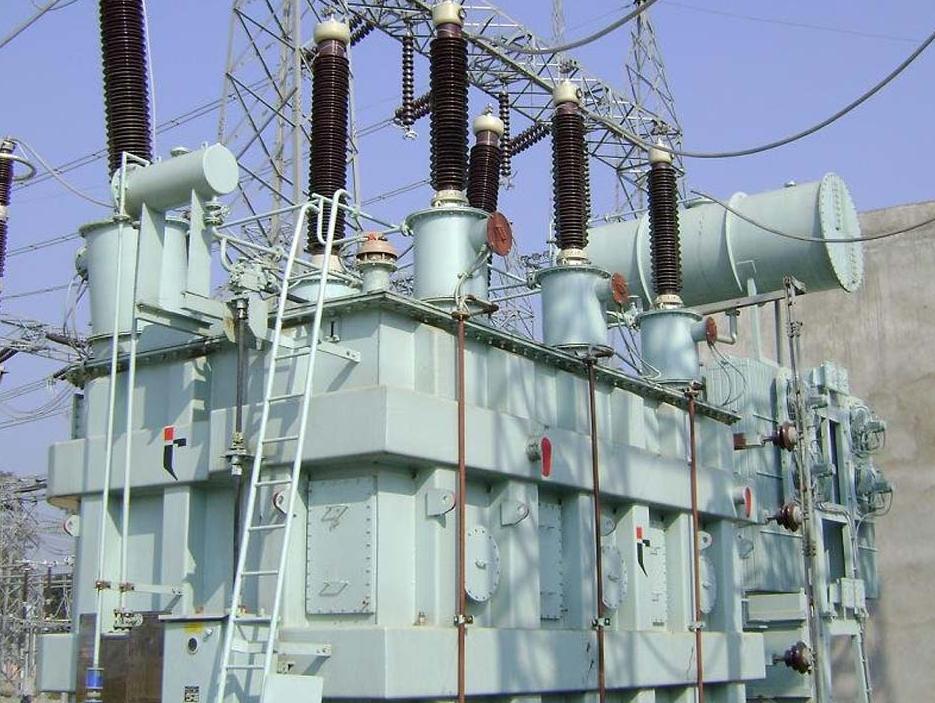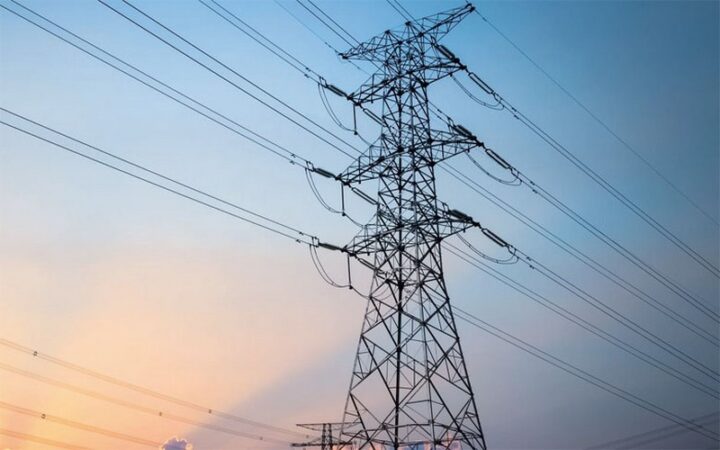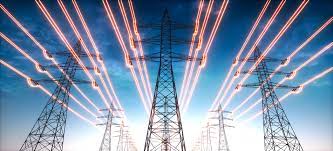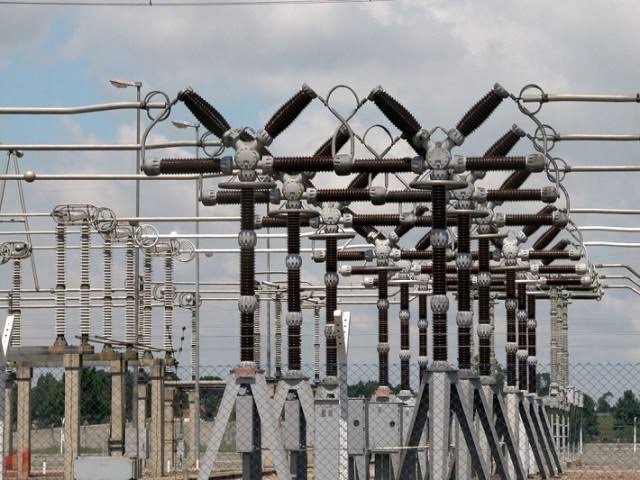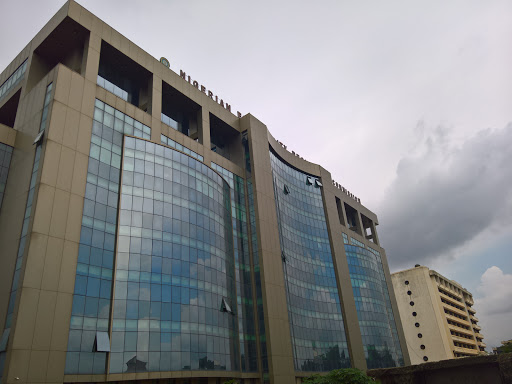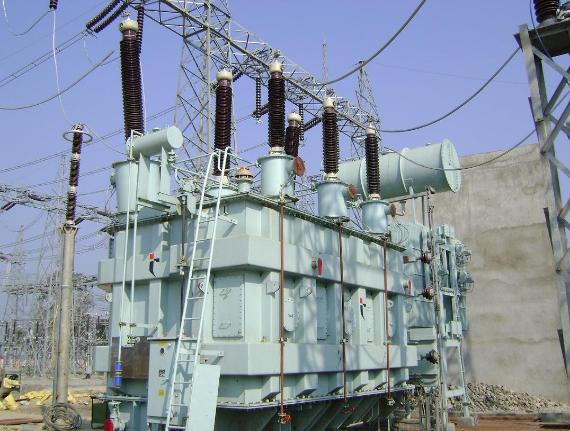The Nigerian Electricity Regulatory Commission (NERC) has announced the approval of N21 billion for 11 electricity Distribution Companies (DisCos) to provide meters for customers.
This announcement was made in NERC’s ORDER NO: NERC/2024/072 on The Operationalisation of “Tranche A” of the Presidential Metering Initiative Under the Framework of Meter Acquisition Fund.
”The order signed by NERC Chairman, Mr Sanusi Garba and Commissioner Legal, Dafe Akpeneye, shall become effective From June 2024 and may be amended or revoked by subsequent orders issued by the commission.
“The commission hereby approves the sum of N21 billion apportioned pro rata to contribution by the DisCos as Tranche A of the MAF scheme.
”Attached to this order as Schedule 1 is a breakdown of the funds available for each DisCo for the purchase of end-use customer meters.
”All the meters to be procured and installed under the MAF framework shall be at no cost to the customers of the DisCos,” it said.
According to NERC, it introduced the Meter Asset Provider (“MAP”) Regulations 2018 and subsequently, the Meter Asset Provider and National Mass Metering (“MAP&NMMR”) Regulations in 2021 to address metering challenges in the Nigerian Electricity Supply Industry (“NESI“).
NERC said that the regulations provided several options for metering end-use customers but the interventions, though significant, had not resulted in the closure of the national metering gap which currently stood in excess of seven million customers.
”The inability of distribution companies (DisCos) to raise financing in the form of debt or additional equity was identified as the major constraint in the acquisition and deployment of end-use meters and other capital investments.
”The Meter Acquisition Fund (MAF) scheme was therefore, developed and approved by the commission, primarily to address the challenges of DisCos creditworthiness inhibiting the deployment of end-use meter in NESI.
”By creating a credible revenue stream from the market funds on the back of which long term financing may be secured by the utilities,” it said.
NERC said that the management of Fund Manager (FM) based on terms and conditions, negotiated by the DisCos and approved by the commission.
According to the commission, the federal government approved the Presidential Metering Initiative (PMI) with the overarching objective of closing the metering gap in the NESI within three years leveraging on smart metering technologies for data analytics.
The MAF shall form one of the revenue streams for the repayment of the long tenor financing for metering.
The order also revealed that the commission approved the deregulation of meter prices under the MAP scheme vide Order NERC/2024/040 to ensure an efficient pricing of meters while responding more quickly to changes in macroeconomic parameters.
“The order provides that all prices of meters under the MAP scheme shall be determined through a transparent and competitive bidding process by eligible MAPs.
“A competitive bidding process was held on May 21, 2024 based on the provisions of Order NERC/2024/040 where a total of 24 ( MAPs participated across the 12 DisCos.
”A total of 44 bids were submitted for 10meters specifications,” it said.
NERC said the deployment of funds under the MAF scheme would accelerate the deployment of meters and a closure of the current metering gap.
”Thereby reducing commercial and collection losses to DisCos, enhancing quality of service and improvement of customer satisfaction,” it said.
NERC also noted that while the NESI is expected to leverage on the revenue stream under the MAF framework to raise substantial capital funding for metering, there was an imperative to accelerate a closure of the metering gap for all customers.
”Currently classified under tariff Band A for the purpose of revenue protection and facilitating demand side management for the affected customers.”
NERC said that the DisCos should utilise the first tranche (Tranche A) of disbursement from the MAF scheme based on contributions made by DisCos as at the April 2024 markets settlement.
It said that attached to this order as Schedule 1 was to procure and install meters for unmetered Band ‘A’ customers within their franchise areas.
The commission said DisCos shall, within 14 days from the effective date of the order, conduct a transparent and competitive procurement process, for meter price determination, selection and engagement of MAPs/LMMAs for the metering of end-use customer meters under the MAF scheme.
”The order also directed that a report containing details of the process undertaken for the selection of MAPs/LMMAs including meter price, meter specifications.
”And the list of customers to be metered shall be sent to the commission for approval, within 20 days from the effective date of this Order.
” Upon approval of the commission, the DisCo shall enter into contracts with selected MAPs/LMMAs on one of the following terms,”it said.
The commission said that where an Advance Payment Guarantee (APG) issued by a commercial bank in the country is provided by a qualifying MAP/LMMA, 30 per cent of the contract sum shall be paid by the FM on behalf of the DisCo to the MAP/LMMA.
” Upon execution of the contract. A further two milestone payments shall be made upon the completion of 60 per cent of contracted quantities and 100 per cent of the contract respectively, with the funds advanced against bank guarantee amortized over the payments.
“Where the MAP/LMMA do not request an advance payment, the milestone payments shall be made upon the verified installation of 20, 60 and 100 per cent respectively of the contracted volume of meters.
”A vendor may, at his option, defer payment until the completion of the installation of the contracted volumes.
“DisCos shall ensure that all the necessary resources and network clearance required by the MAP/LMMA to install meters based on installation plans are provided and/or completed,” it said.
